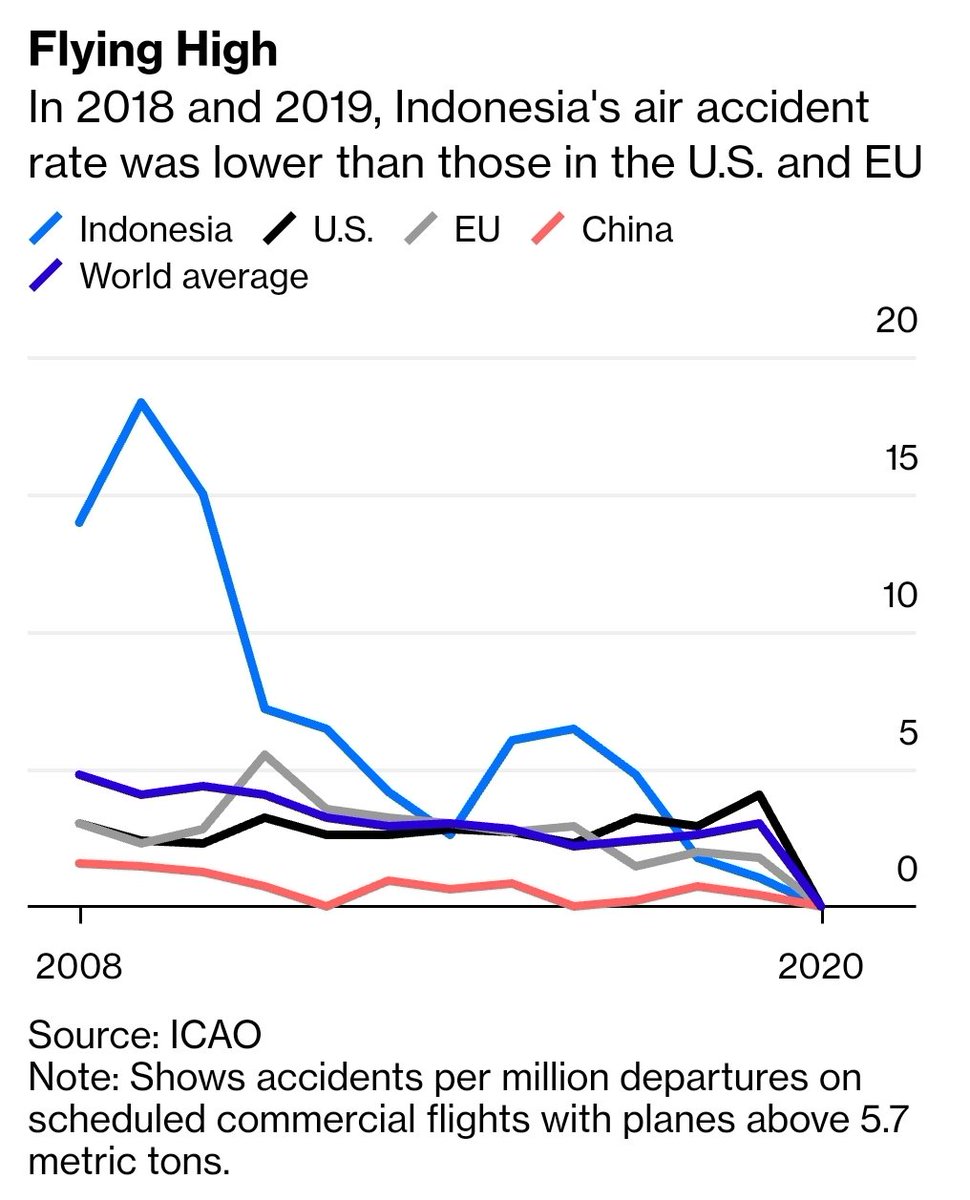
I know I should be, but I'm still a bit stunned by this barefaced hackery by @toadmeister:

https://twitter.com/toadmeister/status/1349856015433560065

@toadmeister First he says the infection fatality rate of Covid-19 is 0.025%, which would imply about 12,000 deaths in the U.K. before reaching herd mortality at 70% of the population.
(in fact there have been about 85,000 deaths so far).
(in fact there have been about 85,000 deaths so far).
@toadmeister Then he cites a number that's different by an order of magnitude (0.27%) from this meta-analysis of seroprevalence studies: who.int/bulletin/onlin…
At 0.27%, mortality goes from about 12,000 deaths to about 130,000 deaths.
At 0.27%, mortality goes from about 12,000 deaths to about 130,000 deaths.
@toadmeister 118,000 deaths is quite a typo. It's roughly 3x civilian casualties from the Blitz! Maybe delete the incorrect tweet?
@toadmeister But wait! There's also the issues with relying too heavily on a meta-analysis of seroprevalence studies.
The idea of doing a seroprevalence study is you can work out the prevalence of Covid in the whole population by doing blood tests.
The idea of doing a seroprevalence study is you can work out the prevalence of Covid in the whole population by doing blood tests.
@toadmeister But the problem is that when you're comparing modelled total Covid prevalence with measured reported Covid deaths you're mixing up numerators and denominators. Lots of Covid deaths aren't reported, which is why people look at excess mortality too.
@toadmeister If you do a meta-analysis that includes non-seroprevalence studies you end up with a higher IFR rate because the biases of the different study types cancel each other out.
@toadmeister This paper puts the estimate at 0.68%, so now we're talking about 330,000 deaths vs. Toby's 12,000.
sciencedirect.com/science/articl…
sciencedirect.com/science/articl…
@toadmeister There's another issue. The 0.27% in the meta-analysis Toby cites is a simple median of 51 study locations in the sample.
But the UK isn't a median country! We know that Covid fatality rates are higher among older populations, and the UK has a relatively old population.
But the UK isn't a median country! We know that Covid fatality rates are higher among older populations, and the UK has a relatively old population.
@toadmeister Lots of the studies in that meta analysis are in places like India, Iran, and Brazil, so picking a simple median number should give you the IFR for a modelled "country" with a younger age structure than the UK, which isn't very helpful guidance for policy in the UK.
Using a random effects model, as in the paper with the 0.68% estimate, ought to correct for much of that bias. But even that figure is "likely an underestimate of the true IFR figure", per the authors, because of difficulties with mortality data.
sciencedirect.com/science/articl…
sciencedirect.com/science/articl…
I'm angry because I have family and friends in the U.K. who are put at risk by this dangerous, dishonest clowning by inexplicably influential idiots like Young.
• • •
Missing some Tweet in this thread? You can try to
force a refresh









